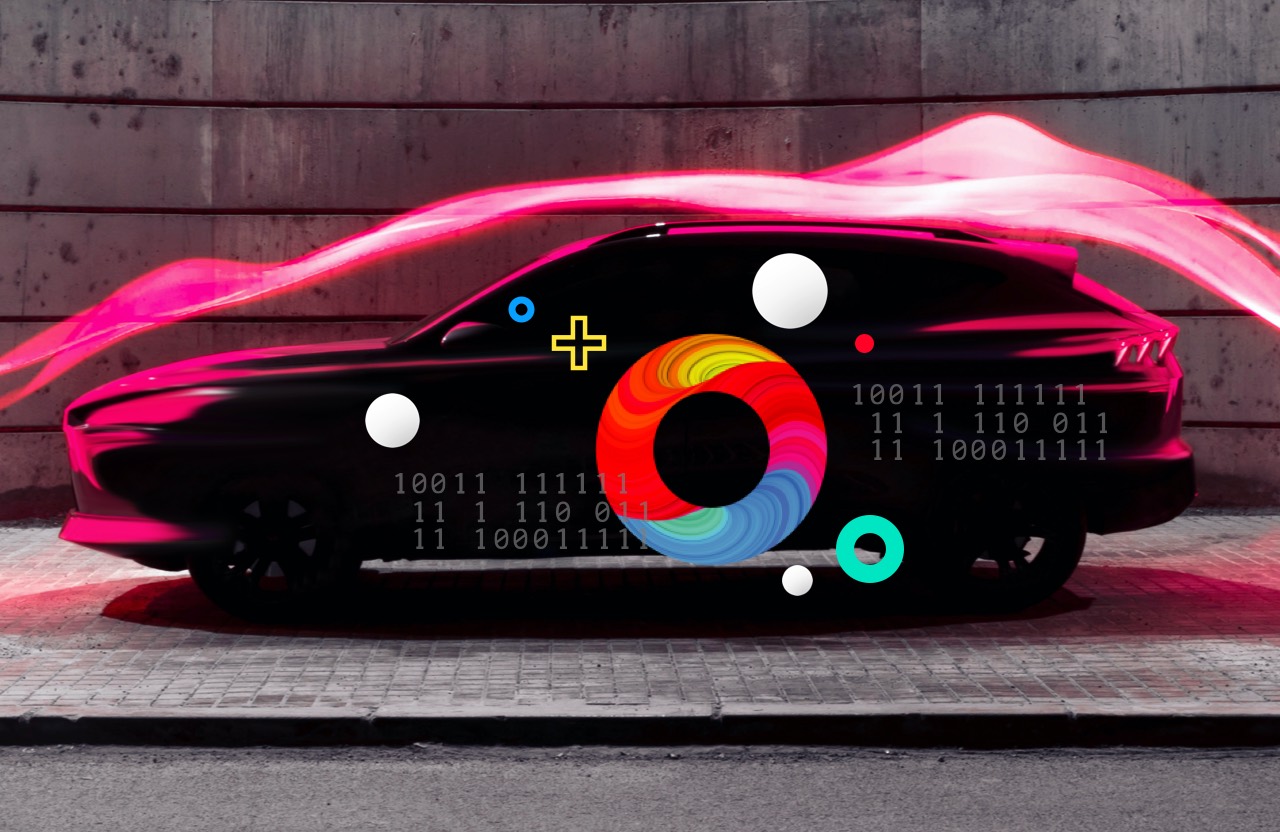What issue can we solve for you?
Type in your prompt above or try one of these suggestions
Suggested Prompt



Transportation & Mobility
The Key to Automotive Success: Elevating Customer Experience
Experience is the new battleground
Retail and big tech leaders continue to raise the bar for customer experience, and the auto industry must adapt. New generations of car buyers are not just more digital; they bring high expectations of buyer and owner experience from outside the industry. Auto companies need to think beyond the initial vehicle sale.
In order to come out on top, companies will need to move away from the traditional manufacturing model with dealers that own the customer relationship, and transition to becoming a technology company with retail that owns and develops the primary relationship with customers through a winning experience and a digital ecosystem.

What are buyers and owners expecting?
Customers are expecting “always-on engagement,” frictionless experiences and a company and brand that “knows” them. What does this look like?
How customer experience will shift in coming years

Convenience has changed how consumers make purchases and value brands. People expect simple, available and personalized shopping options at all times. In fact, 97% of consumers have abandoned a purchase because the service wasn’t convenient enough. Car companies are starting to adapt. For example, websites and apps allow car owners to quickly find the dealer closest to them and book an appointment—it’s as easy as booking a dinner reservation.
Creating platforms that make things like an oil change simple and frictionless is one effective way that car companies can engage with vehicle owners in a personalized way. Retailers can send coupons after recent purchases, targeted toward items customers prefer based on past purchases or seasonal change. Car companies can send out a reminder that it’s time for a 30,000-mile checkup and include a coupon good for use at any certified dealership. Or, perhaps, they can recommend a car-sharing platform membership to someone who hasn’t been driving much lately. Additionally, if they have recently moved from the suburbs to the city, car companies can offer them a coupon for an electric bike. All these things are possible with data. The original equipment manufacturers (OEMs) that use data to understand and predict needs and behaviors and create seamless experiences will build a sustainable competitive advantage.

How does taking a data-driven approach impact customer experience?
Prioritizing customer experience is the first step to building a loyal base of customers that stay within the brand ecosystem. The sale of a car will not drive long-term profit as we head into the future of connected vehicles and services. Growth is driven by a series of interactions that an OEM has with a customer. The money lies in offering numerous interactions to car buyers to create a convenient and helpful environment so that customers are happy to stay within one brand ecosystem. Companies like Apple offer added value and services to their customers and are still an industry-leading example of how to win and nurture loyal customers. In the automotive world, carmakers that offer insurance packages, emergency services and concierge services immediately make existing clients’ lives less stressful and more convenient with connected service options.
To enable the best outcome for car buyers, OEMs are gathering as much information as they can about today’s car buyers and using it smartly, taking a page out of big tech’s playbook. Collaboration among tech companies, OEMs and dealers can produce data sets and actionable insights that are readily available.
Winning in automotive isn’t just about selling a vehicle anymore; it’s about transitioning buyers into owners and bringing them into your digitally enabled ecosystem.

What is critical to reinventing the automotive customer experience?
Tesla has found success in reinventing the customer experience journey and building an ownership ecosystem. Its success lies in the core of its business model—it’s not a car company but rather a technology company. OEMs must build a core discipline in developing digital products and services to be able to deliver best-in-class customer experiences. This will require auto companies to beef up their investment and talent in core digital capabilities and often includes putting in place a new digital product operating model. Bringing digital experiences to customers requires a different way of developing products than building vehicles.
When someone buys a car today, the purchase is just the beginning of a new relationship between the shopper and the automotive brand. OEMs that transform to become experience-focused and change how they engage with customers will build a sustainable competitive advantage and ultimately drive shareholder value.
Related Reading
-
![]()
Article
How Automakers Can Transform into Tech Companies
With 5G hype at an all-time high, find out why today’s OEMs are functioning like data-driven mobility companies.
-
![]()
Article
5 Keys to Transforming Dealerships for an All-electric Future
In our Future of Utilities Report 2019, we look at where the industry is going, and explore how energy providers can use new.
-
![]()
Article
Designing to Serve: How to Make Your Insights Organization Work for Your Business
The key to valuable insights organization is a shift to providing the service of intelligence. Learn how digital transformation can help your business create more impactful, customer-centric insights.







